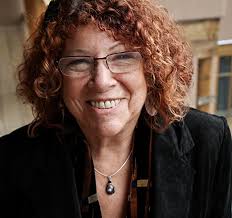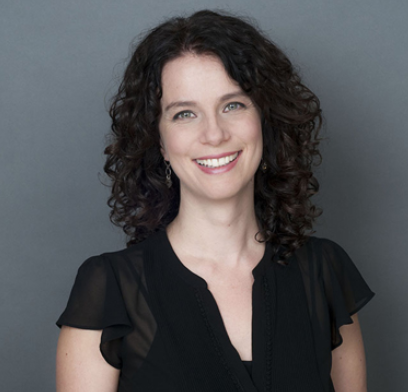Book Review: Who Do We Choose To Be?: Facing Reality, Claiming Leadership, Restoring Sanity By Wheatley, M. (2017).

I want to state up front my deep affection and appreciation for Margaret Wheatley. Wheatley’s books aren’t just facts and figures, they aren’t simply a vision for a different world, they aren’t manuals to guide action; they are pieces of art, meditations, journeys into deep places, cries for change, calls to action, yearnings for a better world. Her books are expansive, creative, generative, and deeply personal.
The title of her latest book is a mouthful – Who Do We Choose To Be?: Facing Reality, Claiming Leadership, Restoring Sanity. Every word of the title counts, representing a critical thread that is built into the structure of the book. Each chapter begins with ‘what science teaches us’ and then uses the three subtitles to explore the theme. Wheatley identifies two lenses that she uses throughout the book that help the reader see the current context more clearly – the first is the Science of Living Systems, and the second, the Pattern of Collapse of Complex Systems.
In the opening of the book, in a section entitled Dwelling Mind, Wheatley articulates her intention regarding the layout and design of the book. There are quotes, poems and photographs taken by Wheatley interspersed between sections, all of which force you to read the book slowly. Each section has a few parts and the repetitive structure provides stability for the reader. She wants us to breathe as we read, to have space and to do all we can to not become overwhelmed. Her intentional crafting of the reading experience gave me the strong sense that she was right beside me as I read.
Wheatley does not hold back. She paints a dark picture of our world. She speaks about the current human condition, the state of our planet, and the nature of our global leadership. She doesn’t mince words – our civilization is 72 Philosophy of Coaching: An International Journal going through a period of disintegration and collapse, she claims. We see it in politics, in business, and in our decaying planet. Leaders have failed to see the solutions before them to build healthy and sustainable societies. Just like past civilizations that arose full of promise, hit their peak, and lost their way, so too are we following that path. There is no turning back. The markers of civilizational decline are all around us. Wheatley makes the point that “a culture focused on individual freedom can only result in narcissism, polarization, conflict, estrangement and loneliness” (p. 69). You don’t need to look far to see evidence of all of these in our current culture.
Before you read the first page of the book, you have a sense of Wheatley’s influences. The book is dedicated to Pema Chodron, a Buddhist nun with whom Wheatley studied and taught. The essence of the subtitle ‘Facing Reality’ is about deeply tuning in to what is so, not turning away, being with things as they truly are, and taking a breath. Human beings tend to reach for pleasure and avoid pain, so this is a difficult task, especially when her words ring true; however, Wheatley is clear that we must start by facing the current state of the world as it is.
After a long career in leadership and organizational development, working internationally with some of the world’s most successful organizations, Wheatley no longer has faith in big system change that’s sustainable and of benefit to all on a large scale. Her anger, despair and sadness are palpable; after all, this has been her life’s work. But to say she’s given up would miss the point; rather, she has moved her focus from global leaders to local leaders. She calls on all of us to claim leadership and do all we can to make our pockets of the world kinder, more open, more agile. She calls forth “warriors for the human spirit.” The focus for these ‘warriors’ is to create ‘islands of sanity’ in the areas in which they live and work. These islands are about protecting, cultivating, and nurturing the human spirits of those around us. She asks great questions and explores what it is to be a leader in a time of collapse.
Readers will, I expect, find the book deeply distressing; but what the reader is left with, more than the pain, is the powerful experience of hearing the truth. In today’s world of ‘fake news,’ it is extremely empowering to have someone say out loud what we can all feel is happening; and it’s only from there that we can decide who we choose to be.
Margaret Wheatley is to be celebrated for her courage and for truly modeling what it is to be a warrior of the human spirit.

Tamar partners with leaders and teams committed to growing their leadership capacity and impact. She has extensive experience with clients from the private, non-profit, and public sectors, and has worked with clients from a variety of industries including healthcare, education, finance, communications, marketing/sales, and media. Read more about Tamar

